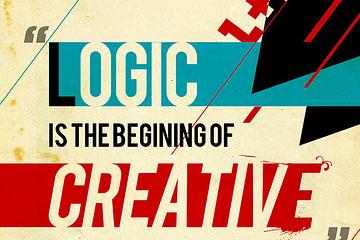THE ORIGIN of this post began as a comment left at an earlier article, 3 Writing Styles that Kill Your Authenticity .
Basically I was ranting against marketing style language “constructions” as things that (a) obscured the truth, and (b) just “sucked” stylistically, but were nevertheless (c) pervasive, probably as a result of people’s continuous absorption of marketing and advertising via television, radio, computer, movies.
